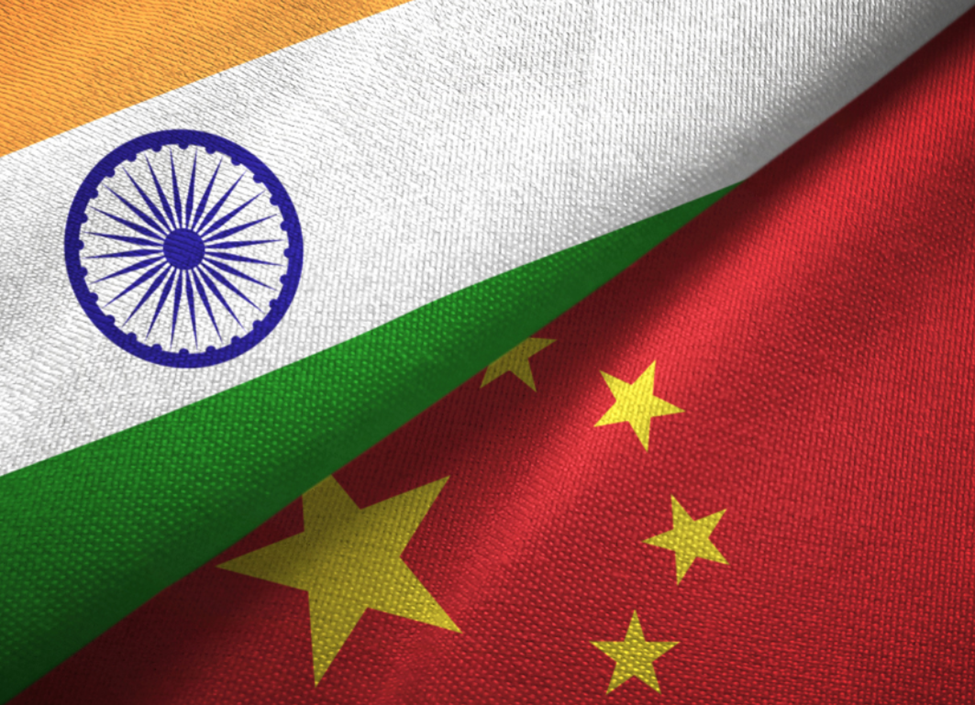Given its track record, India has the moral heft to bring the developed countries to the negotiating
- InduQin
- Nov 8, 2022
- 3 min read

The 27th Conference of Parties (COP27) at Sharm el Sheikh, Egypt, began on Sunday under the shadow of an energy crisis pushing the West back to coal—many developed economies that were already on zero-coal paths are retracing their steps. Warming mitigation efforts, including further commitments on reducing emissions, have been widely discussed as being central to the COP27 agenda given that the final outcome document at Glasgow (COP26 in 2021) stressed strengthening of targets. With nations’ pledges so far hardly adequate for the 1.5oC warming goal—the United Nations Framework Convention on Climate Change recently warned that the planet is on course for above 2oC warming by the end of the century— there should ideally have been a push for more ambitious measures on cutting fossil fuel use, but there isn’t much reason for optimism. Against such a backdrop, the developing world needs to double down on getting clear outcomes on climate funding from rich nations.
At Paris (COP 21, in 2015), rich nations reiterated a pledge from Copenhagen (COP15, in 2009) to provide $100 billion of annual climate action funding to developing and least developed nations by 2020, to meet growth targets with lower emissions. The UN estimates that developing countries will need as much a $340 billion per year till 2030 merely for climate change adaptation speaks volumes about the scale of ambition still lacking even as the world is witnessing unprecedented extreme weather events. That explains why hopes are fading on finding the trillions of dollars needed to mount mitigation efforts.
What is further alarming is that rich countries are yet to put their money where their mouth is. With a recession looming large for most, they are even more likely to renege on their promises. The deadline for the $100 billion per annum funding was shifted last year from 2020 to 2023. But, the Green Climate Fund, which is key to meeting the $100-billion goal, has received commitments totalling a mere $11.3 billion. An Oxfam study says the actual climate financing by rich nations from public sources is a fraction of what is claimed. No wonder, the UN secretary general, just days before COP27, reminded the developed world that they must present “a credible roadmap” of how they deliver $40 billion annually by 2025, to support climate-change adaptation by the most vulnerable nations.
Climate justice, reports say, is the rallying cry for the developing world at Sharm el Sheikh—a bid to hold rich nations accountable for their historical emissions (yet again) and have them pay for the havoc some of the most vulnerable nations have seen in recent years because of climate change. Pakistan saw devastating climate-related floods this year, with thousands of lives lost and the entire nation’s food security put in jeopardy, while Cuba saw days of blackouts after Hurricane Ian levelled its power infrastructure. “Loss and damage”, also dubbed “climate reparations” are thus likely to be a focus this year, with developing economies strongly pushing for institutionalising a mechanism for funding to compensate for disaster brought about by extreme weather events. The Alliance of Small Island States is reported to present a proposal for a global “response fund” to alleviate climate pain. India must join the cause. Given how it has fared on climate action, it has the moral heft to bring the developed countries to the negotiating table.
Read More at https://www.financialexpress.com/opinion/given-its-track-record-india-has-the-moral-heft-to-bring-the-developed-countries-to-the-negotiating-table/2778345/




Comments